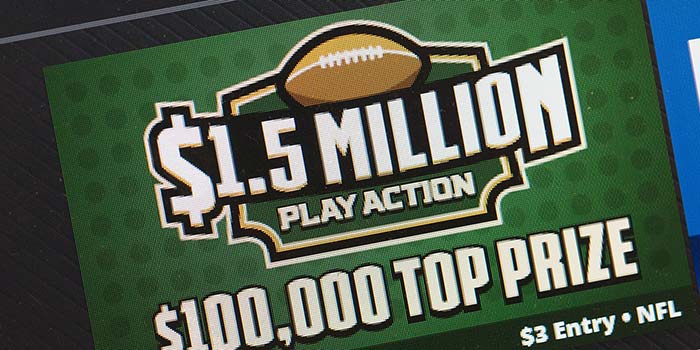Within the last 10 years or so, DraftKings and FanDuel, which are arguably the largest providers of daily fantasy sports, have managed to raise over a billion dollars in venture funding, and even proposed a merger among many other things. The two fantasy sports powerhouses have also managed to successfully defend their existence in multiple legal challenges only to be recently thwarted by the Federal Trade Commission. Now, both companies are about to get into even more problems as the United States Supreme Court is likely to lift the federal ban on sports betting. This ban paved the way for daily fantasy sports as many companies jumped into the trade because daily fantasy sports presented a legal alternative.
This is however not all. On Tuesday, Nebraska lawmakers begin legislating on an industry-backed bill that intends to impose new regulations on daily fantasy sports sites that are viewed by critics to be an outright form of gambling. Senator Tyson Larson believes that if the bill is passed, it would protect consumers from untrustworthy operators in the daily fantasy sports industry – for instance, those who allow players to make use of computer algorithms to stack odds against competitors. In many states, daily fantasy sports operators are still part of legal battles for approval and explicit legalization of their games.
While the Nebraska bill might in fact still make daily fantasy sports a dominant activity, the lifting of the ban on sports betting is definitely a more pronounced dilemma that stakeholders have. To be more precise, a state-by-state analysis would certainly still reveal that any expansion legal sports betting in the United States poses both hope and peril for the daily fantasy sports industry. While many players have used daily fantasy sports as a legal substitute for gambling, many of them cannot wait for sports betting to be legalized then they can place real bets legally.
In case the Supreme Court opens the legalized sports betting floodgates, the situation will reveal how dedicated players are. Nearly 75 percent of daily fantasy sports players are of the opinion that legal sports betting will not have much of an impact on the way they participate in fantasy sports.
According to Chris Grove, Eilers’ managing director, the two products are separate and the overlap is not going to have any significant impact: “Fantasy sports generally requires a little more analysis, a little more number crunching. It’s the wonkier of the two products. Sports betting is more of a casual addition to the viewing experience.”



